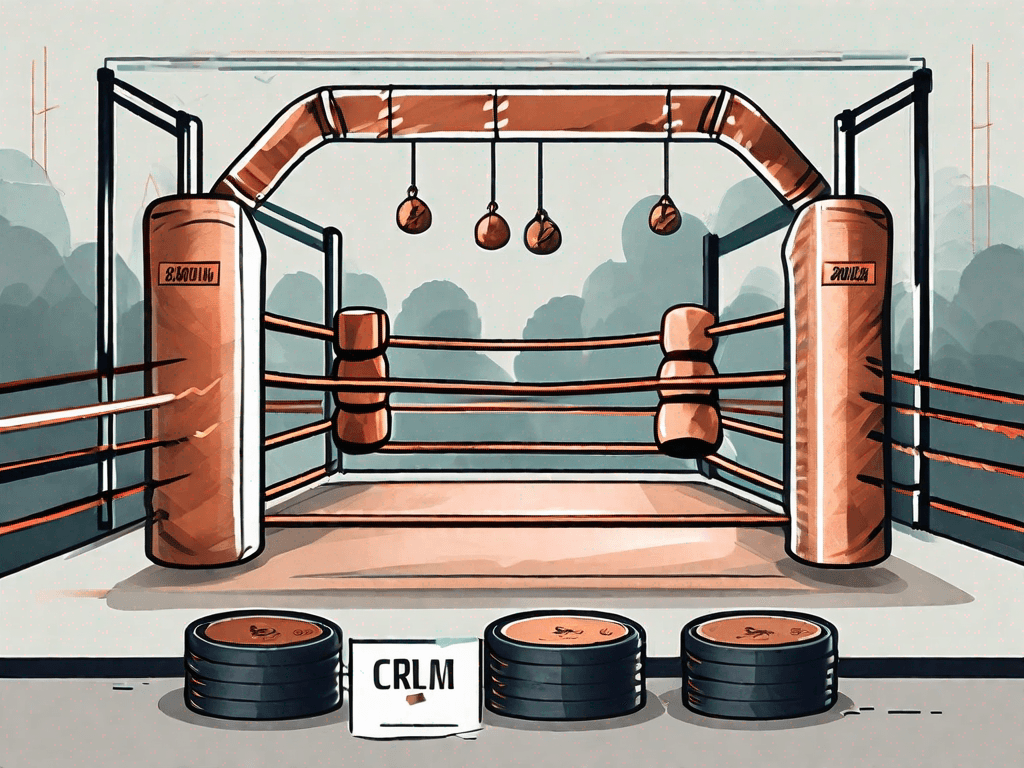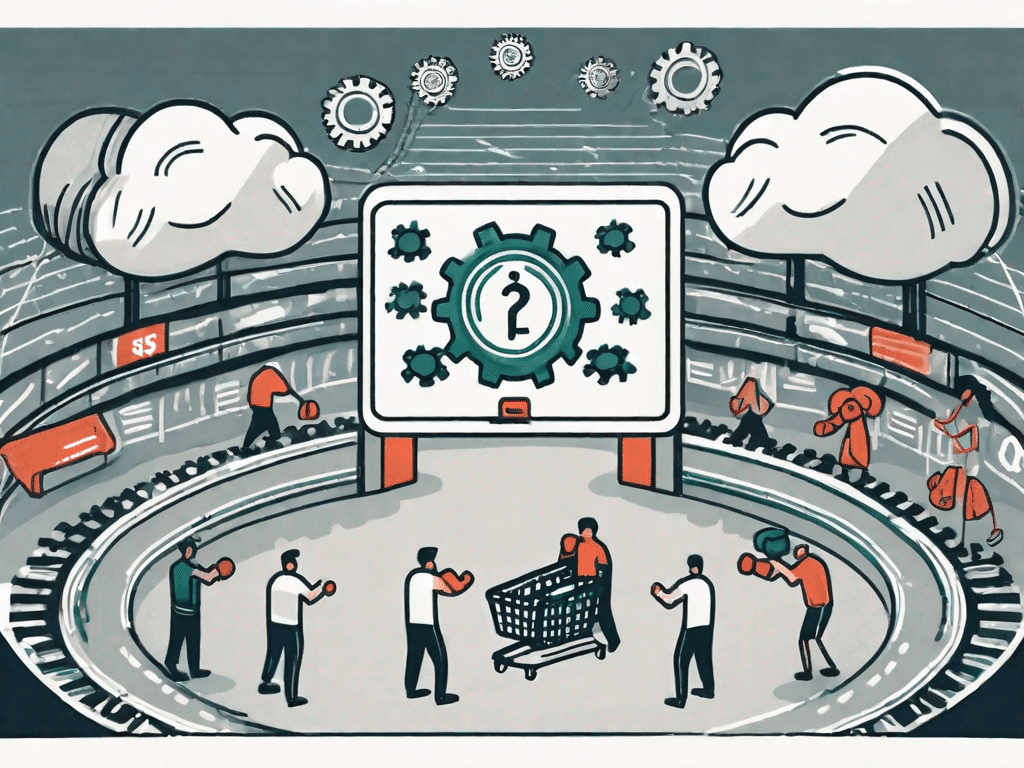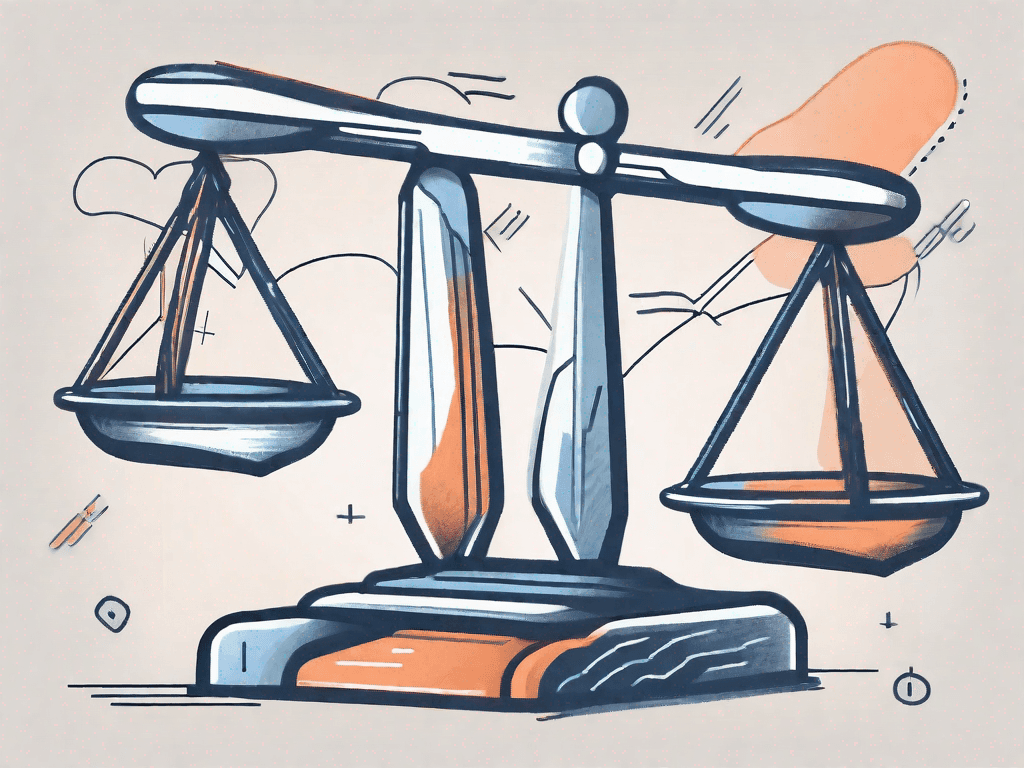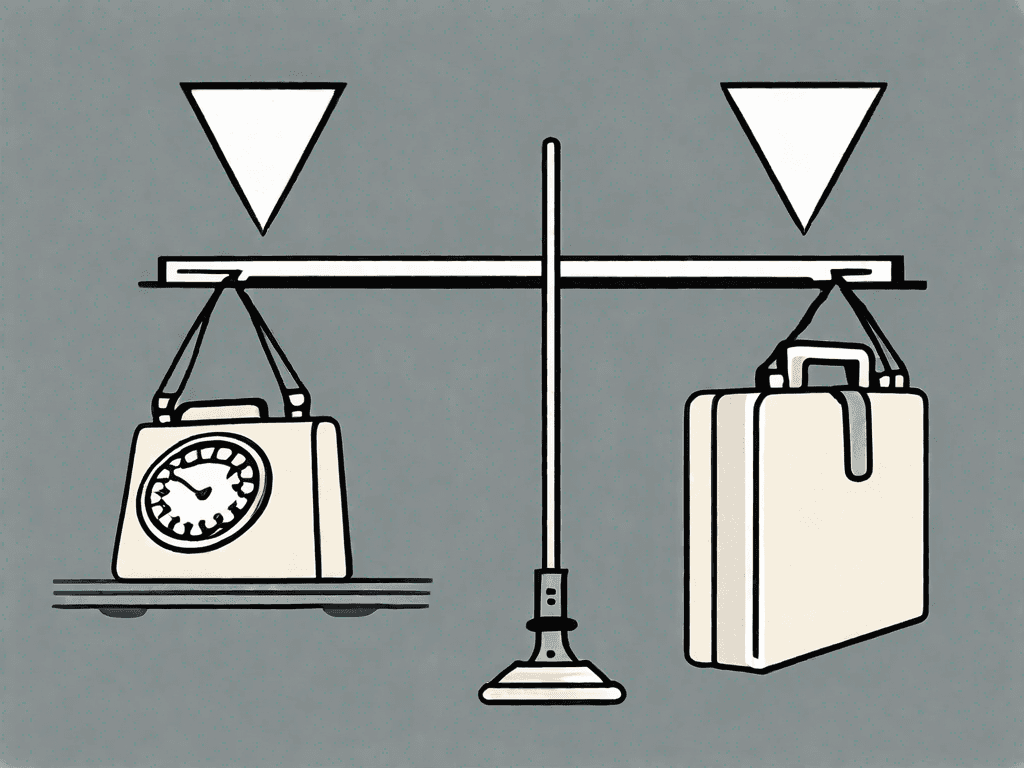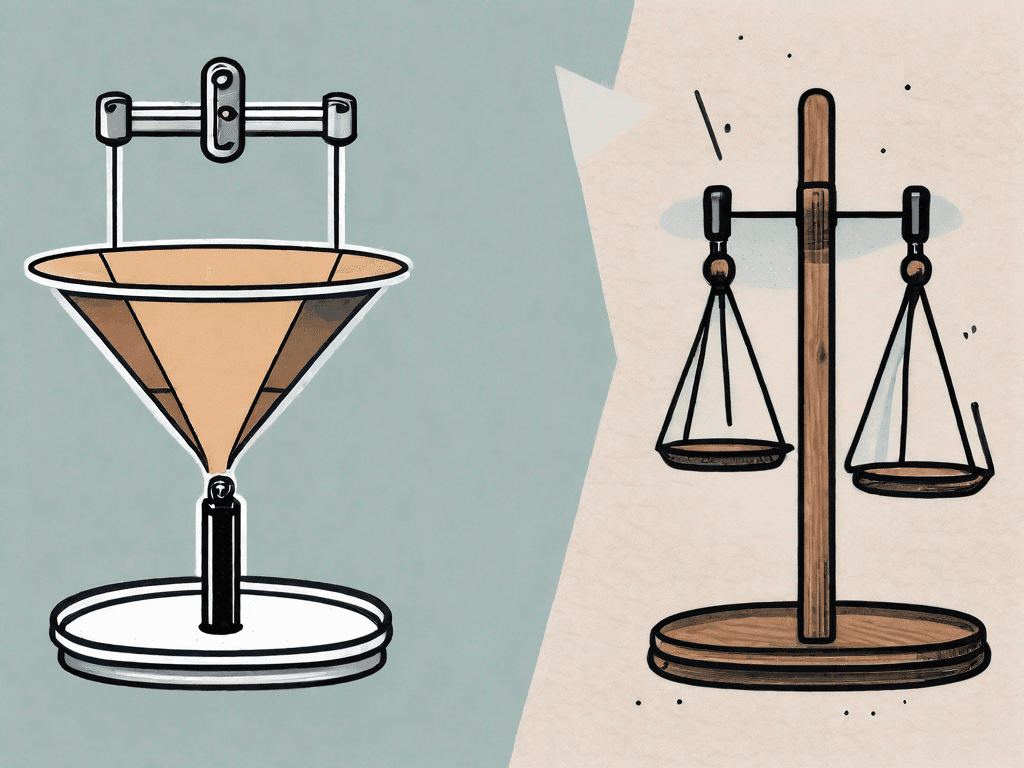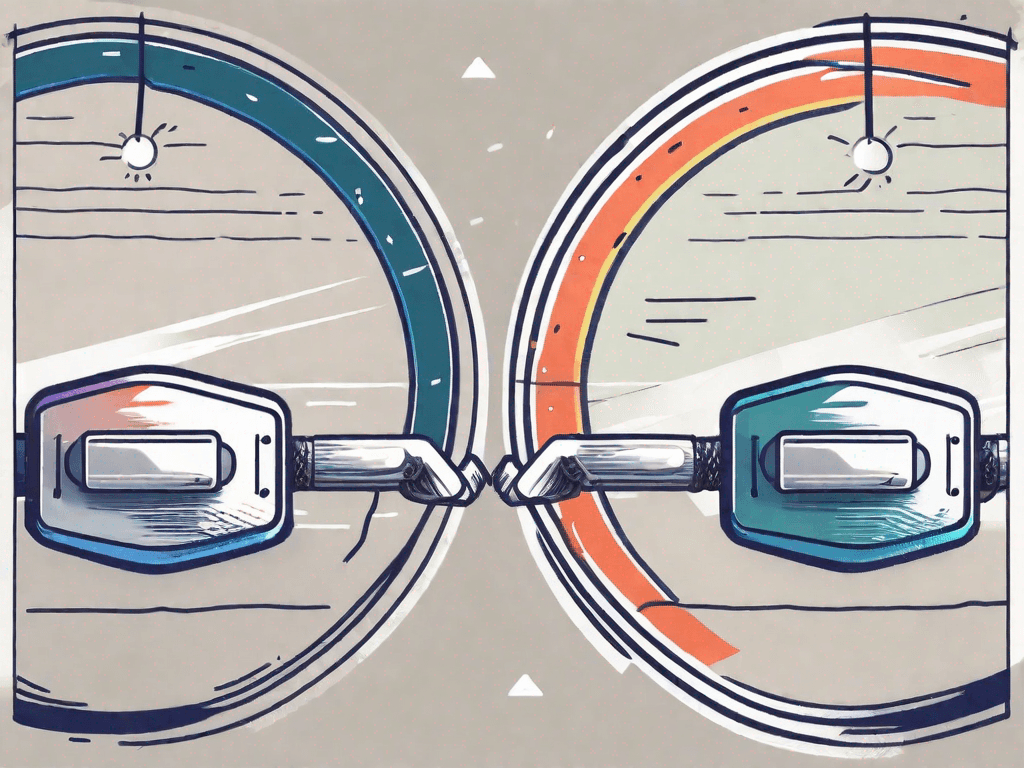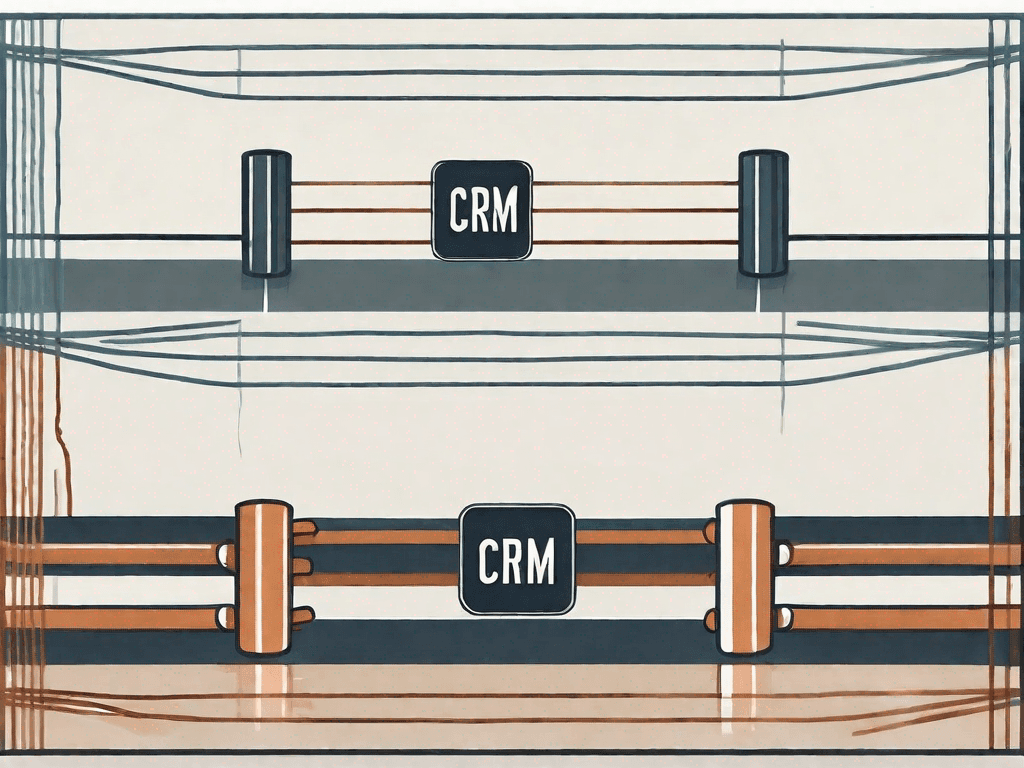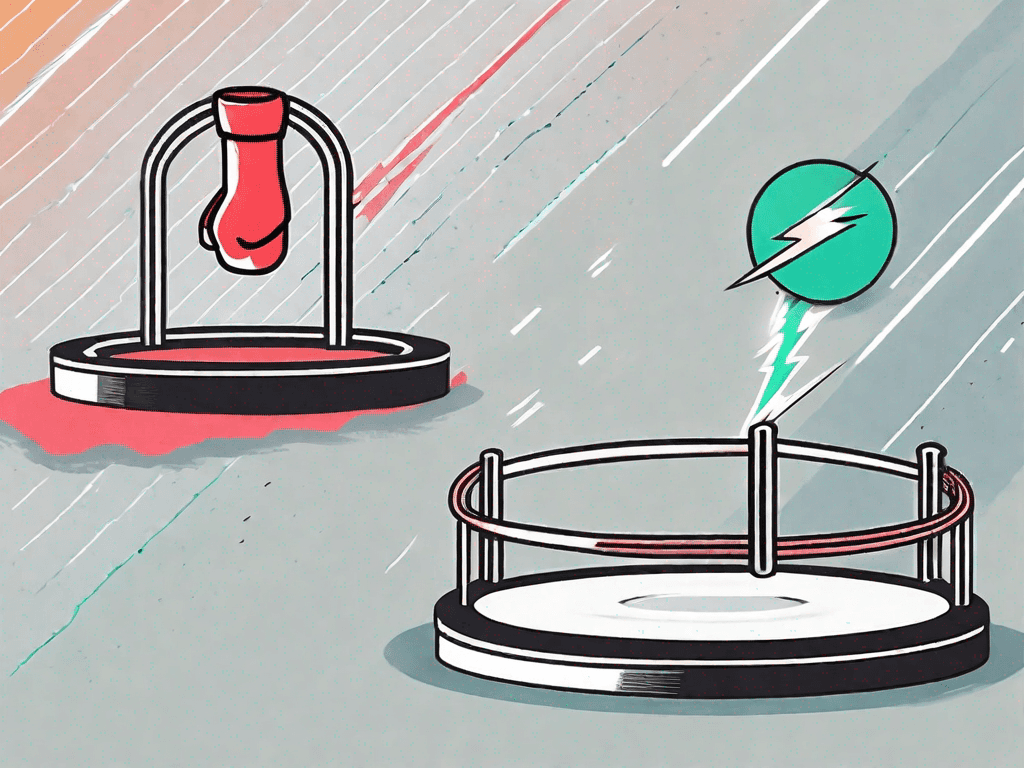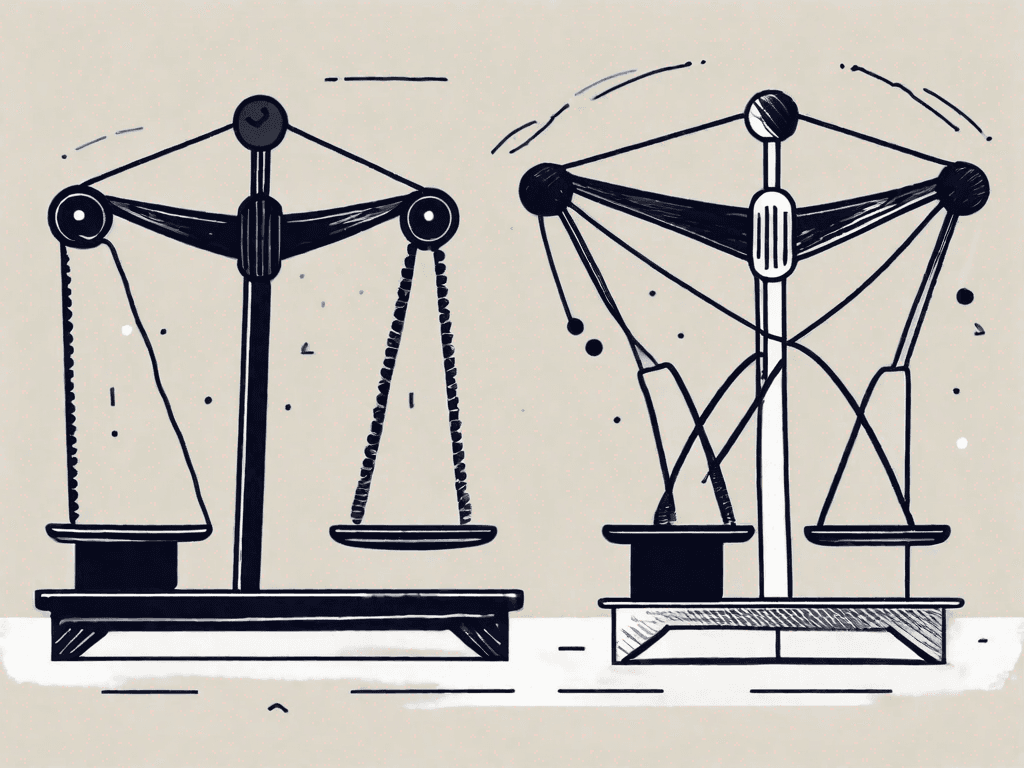
Salesforce vs Freshsales: Which CRM is the Best?
In the realm of customer relationship management (CRM) software, Salesforce and Freshsales are two prominent players. Both platforms offer a wide array of features and capabilities, making it difficult for businesses to determine which CRM solution is the best fit for their needs. In this article, we will explore the pros and cons of Salesforce and Freshsales, compare their pricing models, delve into their integration capabilities, and ultimately help you make an informed decision about which CRM is the best for your business.
Pros and Cons of Salesforce and Freshsales
Let's start by examining the advantages and disadvantages of each CRM platform.
When it comes to CRM platforms, Salesforce and Freshsales are two popular choices for businesses. Both offer a range of features and functionalities that can help streamline sales and marketing efforts. However, they also have their own strengths and weaknesses. Let's take a closer look.
Pros of Salesforce
One of the key strengths of Salesforce is its robustness and scalability. The platform is highly flexible, allowing businesses to customize it to suit their unique requirements. Whether you're a small startup or a large enterprise, Salesforce can adapt to your needs.
Moreover, Salesforce offers a vast marketplace of third-party apps and integrations, providing users with a wealth of options to enhance their CRM capabilities. From email marketing tools to social media integrations, Salesforce has you covered.
Another notable advantage of Salesforce is its extensive reporting and analytics features. The platform enables businesses to gather and analyze data, gain valuable insights, and make data-driven decisions to drive their sales and marketing efforts. With Salesforce, you can track your sales pipeline, monitor customer interactions, and measure the success of your campaigns.
Cons of Salesforce
Despite its numerous merits, Salesforce does have a few drawbacks. Its complexity and steep learning curve can be overwhelming, particularly for small businesses with limited resources. Implementing and fully utilizing Salesforce may require dedicated training and technical expertise.
Additionally, Salesforce's pricing can be a barrier for some businesses, especially for those who require advanced features and functionalities. While the basic package may be affordable, accessing all the bells and whistles of Salesforce can come with a hefty price tag.
Pros of Freshsales
Freshsales, on the other hand, stands out for its user-friendly interface and ease of use. The platform is intuitive, making it accessible to users of all skill levels. With Freshsales, you don't need to be a tech wizard to navigate and utilize its features.
Freshsales also offers an array of automation capabilities, streamlining sales processes and increasing productivity. From lead management to email automation, Freshsales can help you automate repetitive tasks, freeing up time for your sales team to focus on building relationships and closing deals.
Moreover, Freshsales provides users with a unified view of their customers, enabling efficient communication and collaboration within sales teams. With all customer information in one place, your team can easily access and update customer data, ensuring a seamless and personalized customer experience.
Cons of Freshsales
While Freshsales offers great user experience and essential CRM functionalities, it may lack some of the advanced features that Salesforce provides. Depending on the specific needs of your business, certain functionalities may be limited or missing in Freshsales. It's important to carefully evaluate your requirements and compare them with the capabilities of Freshsales before making a decision.
Key Differences between Salesforce and Freshsales
Now, let's examine the key differences between Salesforce and Freshsales to help you better understand their unique selling points.
Salesforce is known for its robustness and scalability, making it suitable for businesses of all sizes, while Freshsales excels in user-friendliness and ease of use, catering to small and medium-sized businesses.
Salesforce offers an extensive marketplace of third-party apps and integrations, providing a high level of customization and flexibility. Freshsales, on the other hand, may have a more limited selection of integrations, but still covers the essential ones.
Price-wise, Salesforce tends to have a higher price point, especially for advanced features and functionalities. Freshsales offers competitive pricing, making it an affordable option for businesses.
Ultimately, the choice between Salesforce and Freshsales depends on your specific business needs and priorities. Consider factors such as scalability, customization, ease of use, and pricing when making your decision. Both platforms have their own strengths and weaknesses, so it's important to evaluate them in the context of your business goals and requirements.
How does Salesforce pricing compare to Freshsales?
Now, let's delve into the pricing models of Salesforce and Freshsales to help you evaluate their affordability for your business.
Salesforce Pricing
Salesforce offers a range of pricing plans, starting with the Essentials plan at $25 per user, per month. The Professional plan is priced at $75 per user, per month, while the Enterprise plan costs $150 per user, per month. For businesses requiring top-tier functionalities, Salesforce offers the Unlimited plan for $300 per user, per month. However, it's important to note that the pricing can vary based on the specific features and requirements of your business.
Freshsales Pricing
Freshsales follows a similar pricing structure, offering three plans: Blossom, Garden, and Estate. The Blossom plan starts at $12 per user, per month, the Garden plan at $25 per user, per month, and the Estate plan at $49 per user, per month. Freshsales also offers a free plan, Sprout, for businesses with basic CRM needs.
Pricing comparison
When comparing the pricing models of Salesforce and Freshsales, it is clear that Freshsales provides a more affordable option for businesses, particularly for those with limited budgets or simpler CRM requirements.
How do Salesforce integrations compare to Freshsales?
Integration capabilities play a crucial role in expanding the functionality and usability of a CRM system. Let's explore how Salesforce and Freshsales fare in terms of integrations.
Salesforce integrations
Salesforce boasts a vast marketplace, known as the AppExchange, offering a wide range of third-party integrations. This marketplace allows businesses to seamlessly connect Salesforce with various applications, such as marketing automation tools, customer support systems, and finance software.
Some popular integrations available on the AppExchange include Marketo, HubSpot, Zendesk, and QuickBooks. These integrations enable businesses to streamline their processes, improve cross-functional collaboration, and enhance the overall efficiency of their CRM operations.
Freshsales integrations
While Freshsales may have a more limited selection of integrations compared to Salesforce, it still covers the essential ones for seamless workflow and data management. Freshsales integrates with popular applications like Google Workspace, Mailchimp, Slack, and Zapier.
These integrations allow businesses to connect different tools and systems, enabling efficient data synchronization, email automation, and team collaboration.
Which one is the Best for You?
Now that we have explored the features, pros and cons, pricing, and integrations of Salesforce and Freshsales, let's determine which CRM solution is the best fit for specific business needs.
The Best for Salespeople
If you have a large sales team that requires robust features, customizability, and scalability, Salesforce is likely the better choice. Its extensive set of features, reporting capabilities, and integrations can empower sales teams to drive productivity and achieve sales targets.
On the other hand, if you have a smaller sales team and prefer a user-friendly interface with essential sales functionalities and an affordable price tag, Freshsales would be a suitable option. Its simplicity and ease of use can help salespeople focus on closing deals rather than navigating complex systems.
The Best for Consultants
For consultants who prioritize flexibility and easy customization to cater to clients' specific needs, Salesforce is the recommended CRM solution. Its scalability and versatility make it ideal for consultants working with diverse businesses and industries.
However, if you are a consultant primarily working with smaller businesses or startups, Freshsales can be a more cost-effective and user-friendly option. Its streamlined interface and essential features can support consultants in managing their client interactions efficiently.
The Best for Digital Marketing Agencies
Digital marketing agencies often rely on integrations with a variety of tools to manage their campaigns and analyze data effectively. In this scenario, Salesforce might be the preferred choice due to its extensive range of integrations and advanced analytics capabilities.
Nevertheless, if you run a smaller digital marketing agency with a tighter budget, Freshsales can still provide the necessary CRM functionalities and integrations to support your marketing efforts, albeit with a more limited selection.
Conclusion
In conclusion, Salesforce and Freshsales are both formidable CRM solutions, each with its own strengths and weaknesses. When choosing between the two, it's essential to consider your business size, requirements, budget, and integration needs. Evaluating the pros and cons, pricing models, and integration capabilities will help you make an informed decision and find the CRM solution that best aligns with your business goals. Remember, the best CRM for your business is ultimately the one that serves your specific needs and helps you unlock the full potential of your customer relationships.















































































































































































